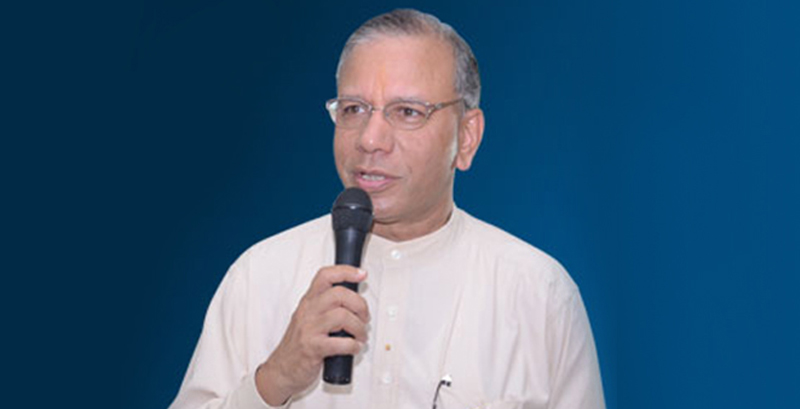Dear Fellow Rotarians,

Some years ago, in the Kano plains of Kenya, a well-meaning development agency took on the task of improving water availability to a rural community. Committees were formed, meetings were held, and the local people were consulted. The main need the community identified was improved delivery of water for irrigation and livestock. A plan to meet this need was created, and the work was soon begun, exactly as the community representatives had requested.
Yet once construction began, it was met by immediate protest from groups of community women, who came to the site and physically blocked workers from building diversion channels. Upon further investigation, the agency realised that the water it was diverting for farming came from a source that dozens of families relied on for water for cooking, drinking, and washing. The entire project had to be scrapped.
Why? Because it had never occurred to a single member of the all-male team in charge to consult the local women. At every stage, it was assumed that the men knew the needs, spoke for the community, and were able to represent it. Clearly, this was far from the case. The women knew the needs of the community, and its resources, far better — but their opinion was never sought.
We have had women in Rotary for only the last quarter of our history, and it is no coincidence that those years have been by far our most productive. In 1995, only 1 in 20 Rotarians were women; today, that number has risen to 1 in 5. It is progress, but it is not enough. It is only common sense that if we want to represent our communities, we must reflect our communities, and if we want to serve our communities fully, we must be sure that our communities are fully represented in Rotary.
Rotary’s policy on gender equality is absolutely clear. Yet nearly one-fifth of our clubs still refuse to admit women, usually by claiming that they simply cannot find women who are qualified for membership. I would say that any Rotarian who makes this argument, or believes it, himself lacks the two most basic qualifications for Rotary membership: honesty and good sense.
A club that shuts out women shuts out much more than half the talent, half the ability, and half the connections it should have. It closes out the perspectives that are essential to serving families and communities effectively. It damages not only its own service but our entire organisation by reinforcing the stereotypes that limit us the most. It leads our partners to take us less seriously, and it makes all of Rotary less attractive to potential members, especially the young people who are so crucial to our future.
To tolerate discrimination against women is to doom our organisation to irrelevance. We cannot pretend that we still live in Paul Harris’ time, nor would he ever want us to. For, as he said, “The story of Rotary will have to be written again and again.” Let us see to it that the story we write in Rotary is one of which he would be proud.

K R Ravindran
President, Rotary International





